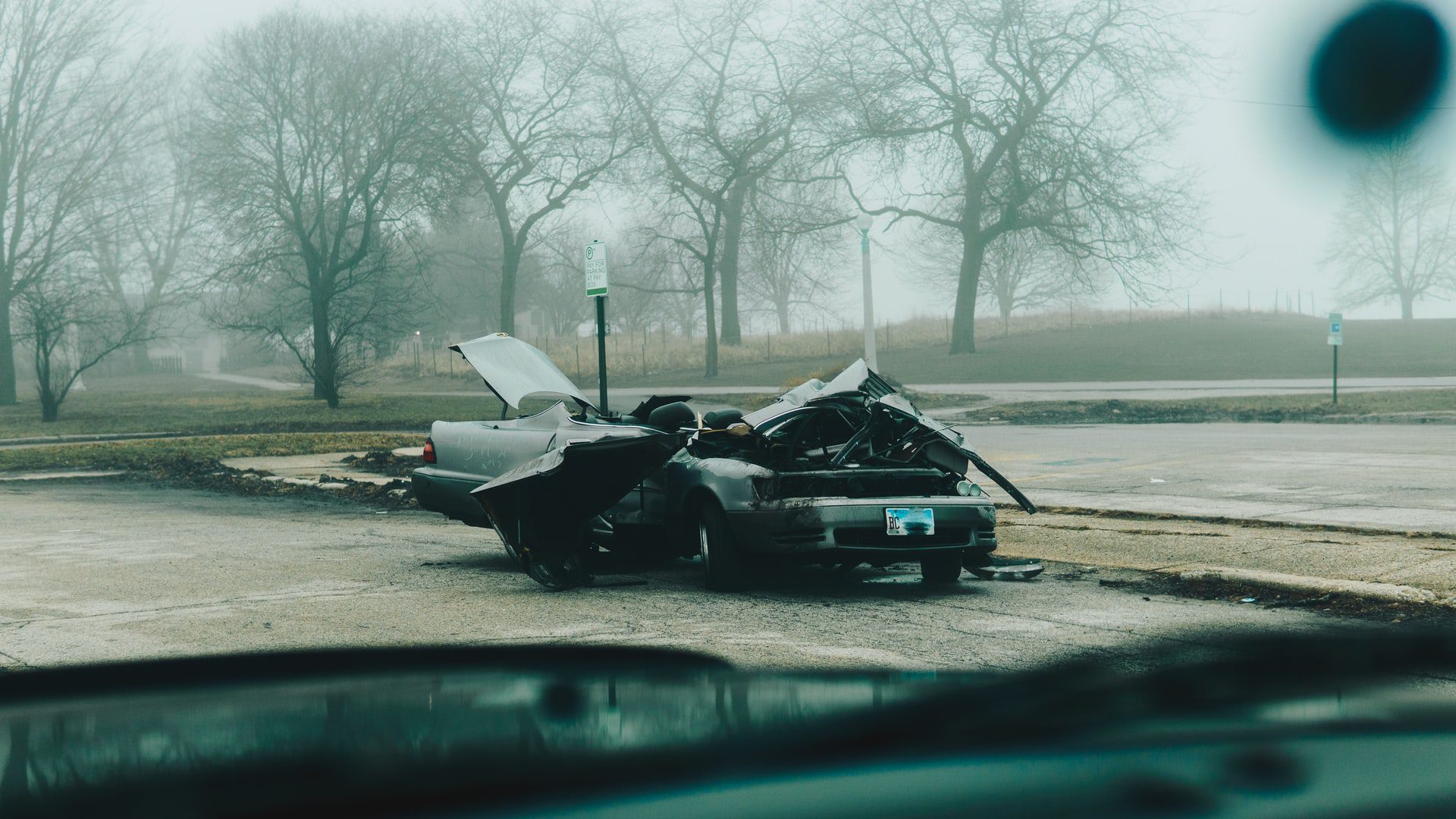Have you caused an accident? Millions of people are dealing with the emotions of stress caused by accidents that kill people or physically disabled people. It’s a big load of guilt to carry around.
The profound sense of guilt eats millions of people alive from the inside and sometimes leads to suicides and disillusionment. It’s common to experience anxiety after causing an accident, but the guilt needs to be resolved before it destroys your life. Surviving a fatal accident that other passengers brings emotional disturbances. Take decisive actions to overcome your anxiety and fear of driving because you don’t want to make the same mistakes.
Table of Contents
Causes Of Accident Guilt
Sometimes people feel car accident guilt when in reality, they were not wholly responsible. It affects future driving as you have low self-esteem because of past events.
In 2019, the US had approximately 38,800 accident fatalities; it’s normal to feel guilty even if the accident was inevitable, considering the circumstances.
Property Damage
Damaging surrounding property or another vehicle and not having auto insurance brings emotional problems. The guilt of using your savings or loans to settle damages can be overwhelming.
You Were At Fault For The Accident
Most victims have low self-confidence and feel overly guilty when driving. It’s normal to see people avoiding driving to ensure they don’t do something wrong on the road. Maybe, your friends or family blame you or are still angry at you for the accident. Stop blaming yourself and seek professional help to overcome the guilt.
Losing Your Only Car
Maybe you took a loan to buy the car and still pay for it, but it’s wrecked beyond repair. The guilt causes emotional instability and contact anger when you see people driving.
Limited Medical Cover
You have medical bills, which you can’t afford to pay because of the accident. The pilling bills or pain of not getting adequate treatment can be traumatizing.
How to deal with the emotions after an accident;
Therapy
Work out your emotions with a therapist. Therapists are experienced in handling patients undergoing traumatic aftermath. Don’t be scared to open up to a therapist. Embrace therapy to resolve your car accident guilt and overcome the emotional burden you carry. The therapist can diagnose PTSD, anxiety disorder, and other mental health problems.
Professionals have the tools and knowledge to treat your condition. Accept that you need help and then seek it. Therapy helps you return to normal quickly by resolving your stress, depression, anxiety, and other mental health problems.
Walk with close friends and family
Sharing your experience allows you to open up and release the guilt. Most drivers feel better after reliving their experiences with sympathetic family and friends. Use them for support to help you come to terms with how things unfolded.
The empathy friends and family show relieves emotional stress. You are emotionally and mentally stable when in the loving company of friends and family.
Keep track of your emotional issues
People handle emotional stress differently. Keeping a log helps you differentiate your feelings from reactions to that traumatic experience and the expected responses.
The log helps you know if you are getting better or worse. It enables you to see if you need professional assistance. The record is helpful when suing for emotional damages and is treated as written proof that your ability to work is compromised.
Workout and maintain your routines

Most people are troubled after an accident. Their lives change completely. However, things can get better faster if you remain active and return to your routines.
Keep appearances and schedule appointments as usual. It’s vital for your state of mind. Exercise and get quality sleep. If you can still drive, don’t fear driving. You may experience some anxiety for a while, but it will pass with time. The best way to overcome your emotional stress is by facing your fears.
Avoid alcohol and drugs
Emotional stress can lead to substance abuse. Avoid using alcohol and drugs to numb the pain. And stress. Alcohol and drugs only make the situation worse. They increase stress levels and pose more risks to your physical and mental health. Avoid both until you resolve your emotional issues.
Feeling guilty for an accident you caused or you could have prevented is normal. However, don’t let guilt or consequences ruin your life. Lean on your emotional support group to help you deal with the pain and mental problems. You can also seek professional help to deal with your emotions from health experts.
Featured Photo by KJ Styles on Unsplash




